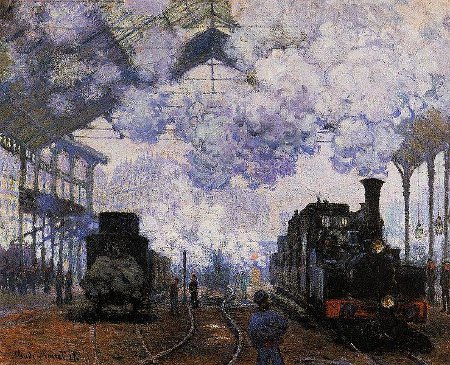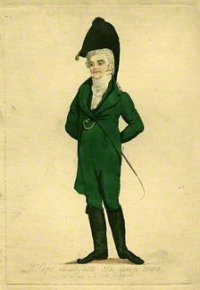It is a hard and lengthy task to become acquainted with the vagaries of the language, not to mention the forgotten or altered meanings of many words. Some of these vagaries are aptly illustrated by the story of the Frenchman who said to an American:
I am going to leave my hotel. I paid my bill yesterday, and I said to the landlord, ‘Do I owe anything else?’ He said, ‘You are square.’ ‘What am I?’ He said again, ‘You are square.’ ‘That’s strange,’ said I. ‘I lived so long that I never knew I was square before.’ Then, as I was going away, he shook me by the hand, saying, ‘I hope you’ll be round soon.’ I said, ‘I thought you said I was square; now you hope I’ll be round.’ He laughed and said, ‘When I tell you you’ll be round, I mean you won’t be long.’ Then, seeing me count my change twice over, he said, ‘Are you short?’ I did not know how many forms he wished me to assume: however, I was glad he did not call me flat.
— William S. Bridge, “The English Language,” in The Typographical Journal, March 15, 1902





